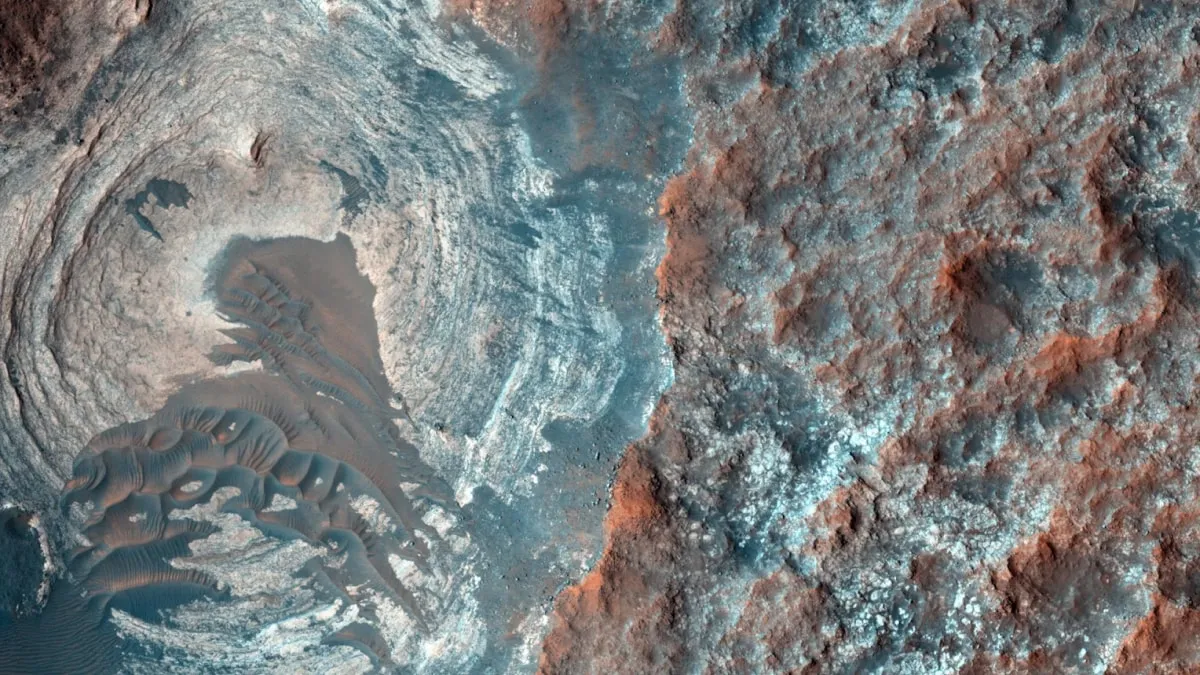Artificial Intelligence Enhances Our Understanding of Cosmology

Harnessing AI to Define the Universe
Artificial intelligence (AI) is making waves in cosmological settings, especially with the groundbreaking work by researchers at the Flatiron Institute's Center for Computational Astrophysics (CCA). These astronomers have utilized AI to calculate five cosmological parameters, crucial for defining how the universe operates. The team revolutionized data analysis by using information from the Sloan Digital Sky Survey (SDSS).
Understanding Cosmological Parameters
The five critical cosmological parameters define the 'settings' of the universe, acting as its operating instructions. To achieve this with unparalleled accuracy, researchers analyzed over 100,000 galaxies. The immense scale of data posed challenges, previously obstructing efficient analysis.
Maximising Efficiency with AI
- AI enables detailed insights previously lost amidst overwhelming data volumes.
- The cost of traditional surveys can reach billions, making AI a cost-effective solution.
AI's Impact on Cosmic Research
The AI process involved training on a diverse set of 2,000 simulated universes, integrating real-world complexities like atmospheric distortion. The result? AI reduced measurement uncertainty significantly, akin to leveraging four times more data. This advancement helps tackle cosmic mysteries such as the Hubble tension.
Looking to the Future
As future astronomical surveys, like the European Euclid survey, emerge, the techniques developed by the CCA team will maximize value extraction from vast cosmic datasets, representing a significant leap in our understanding of fundamental parameters of the universe.
This article was prepared using information from open sources in accordance with the principles of Ethical Policy. The editorial team is not responsible for absolute accuracy, as it relies on data from the sources referenced.